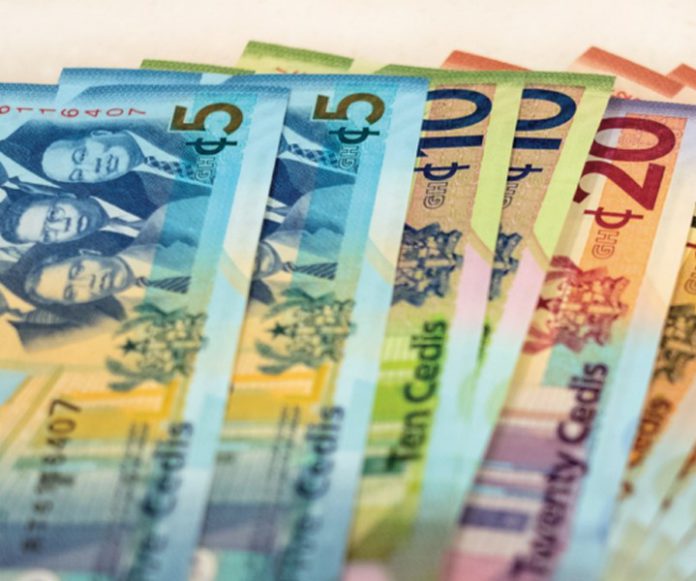Governor of the Bank of Ghana (BoG), Dr Johnson Asiama Pandit, says the Central Bank was compelled to support the foreign exchange market after the sharp appreciation of the cedi slowed remittance inflows.
Speaking in Washington DC on the sidelines of the IMF/World Bank Spring Meetings, Dr Pandit said the appreciation, which was initially seen as a positive signal, unexpectedly reduced the volume of foreign transfers coming into the country.
“Remittance inflows is another huge source of FX injection. You are looking at over $6 billion per year in remittance inflows. However, immediately after the currency appreciated, we saw a decline,” he explained.
He said this development came at a time when the Central Bank was making large external payments, creating pressure on the local market.
“Between the second and the third quarter, we had to do a number of lumpy payments. There were all these large arrears in payments to some of the IPPs — billions of US dollars.
“We also had domestic debt affected bondholders that wanted to exit because the currency had appreciated. We had to allow them to go,” Dr Pandit said.
He noted that these “lumpy payments” between July and August coincided with a dry spell in the interbank foreign exchange market.
“Because all these inflows accrue to the central bank, and it was happening at the time when we saw a decline in remittance inflows, the central bank needed to step in,” he said.
“The interbank FX market had dried up during that time, and so the central bank needed to provide that support.”
Dr Pandit rejected suggestions that the Bank of Ghana had intervened excessively in the foreign exchange market, insisting the move was necessary to maintain stability.
“Yes, there were allegations about whether we were intervening in the market, but that was not exactly the case,” he said.
“All we seek to do is to limit the volatilities in the markets, to ensure that we have that smooth dynamics in the market, and that’s the framework we’ll maintain going forward.”
He disclosed that the situation has since improved, with increased activity in the interbank market.
“We have written to the mining firms, for example, to take all their inflows through the commercial banks. We are beginning to see some pickup in activity in the interbank FX market,” he said.
He explained that gold proceeds are an exception, as those go directly to the Central Bank’s reserves.
“As of yesterday, we had committed to make available $150 million. This morning, the market had picked up only $90 million, so $60 million automatically goes into our reserves. Tuesday, we made available $150 million, and the market picked up less than half. So automatically it goes into our reserves,” he said.
Dr Pandit stressed that the Bank of Ghana does not “over support” the market but acts to smooth volatility and maintain balance.
“With activity picking up in the interbank FX market, the central bank wouldn’t have to be that present,” he added.
Source: Abubakar Ibrahim
ALSO READ:


